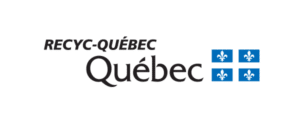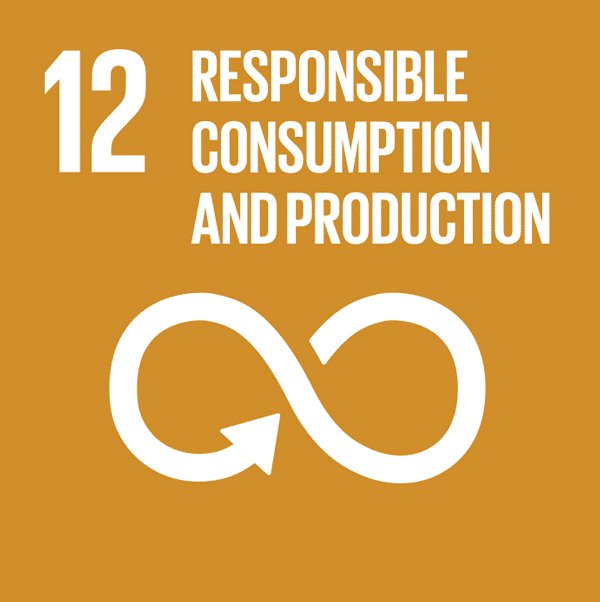How can we extend the product life cycle through reuse, repair or reconditioning to reduce obsolescence and the generation of residual materials while creating economic opportunities?
Challenge proposed by
Challenge award: $5,000
Challenge award: $5,000
Background
Ending resource waste is 1 of the 3 main challenges addressed in the Quebec Residual Materials Management Policy1. It is estimated that more than 14 million tonnes of residual materials are generated annually in Quebec, with 5.8 million tonnes (41%) still going to landfill or incineration in 2018.2 Preventing and reducing the production of residual materials through reuse and other means is one of the recommended strategies to address this issue.
The Quebec circular economy model3 sets out a number of strategies to better understand the different ways to extend the product life cycle and optimize the use of resources in circulation, particularly through reuse: maintenance and repair, donation and resale, reconditioning and the economy of functionality. Ecodesign is another upstream circular economy strategy that can help extend product life. Product obsolescence, whether functional, technological, economic, psychological or other, is a major obstacle to extending the product life cycle and must therefore be considered in all its forms.
Many initiatives are emerging internationally to extend product life and encourage product repair. The European Commission has adopted a new circular economy action plan that includes measures related to product durability, what consumers need to know when choosing products and the creation of a “right to repair.”4 In France, a repairability index across five product categories will come into effect on January 1, 2021, along with the obligation to inform consumers of the availability (or lack of availability) of spare parts for certain product categories.5 France’s Agence de la transition écologique (ADEME) published an international benchmark for the repair sector in 2018.6 Sweden, the Netherlands and Belgium have lowered taxes on repairs. Repair cafés, where people can get help from volunteers to repair their items, have sprung up in a number of countries. SEB, a French manufacturer of small household appliances, offers European customers products that are repairable for 10 years, with guaranteed spare parts during that time and a lower cost to repair than to purchase an equivalent new product.7
In Quebec, reduction at source and reuse are the priorities for action, and the 2019–2024 Action Plan stemming from the Quebec Residual Materials Management Policy8 provides for initiatives to counter planned obsolescence and extend product life, particularly through repair.
In the context of Cooperathon 2020,
Recyc-Québec is seeking:
innovative solutions to extend the product life cycle and create economic opportunities by:
- Developing new approaches and new ways to extend product life, particularly through repair and reconditioning, from design to end of life
- Fostering fresh thinking and opportunities related to ecodesign and the standardization of product parts, the development of repairability or durability indexes and the development of mechanisms to reduce obsolescence
- Educating communities and raising awareness about the importance of extending product life, including through maintenance and repair, with a view to reduction at source and reuse
Statistics and Data
Tackle this challenge and let the adventure begin!
Let your network discover this challenge:
Let your network discover this challenge:
[Sassy_Social_Share]
Use hashtag : #cooperathon20
Use hashtag : #cooperathon20
We connect passion and talent, communities and academics. Together we develop a socially responsible future.
“Cooperathon” is a Trademark of the Fédération des caisses Desjardins du Québec.
Subscribe to the Cooperathon Newsletter
Subscribe to the Cooperathon Newsletter
We connect passion and talent, communities and academics. Together we develop a socially responsible future.
“Cooperathon” is a Trademark of the Fédération des caisses Desjardins du Québec.








